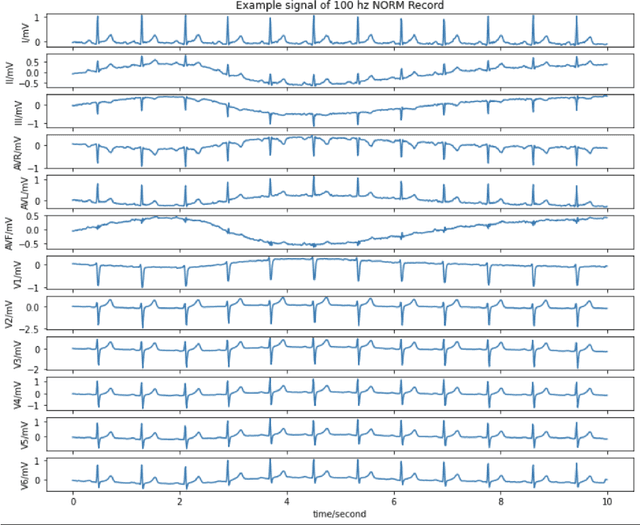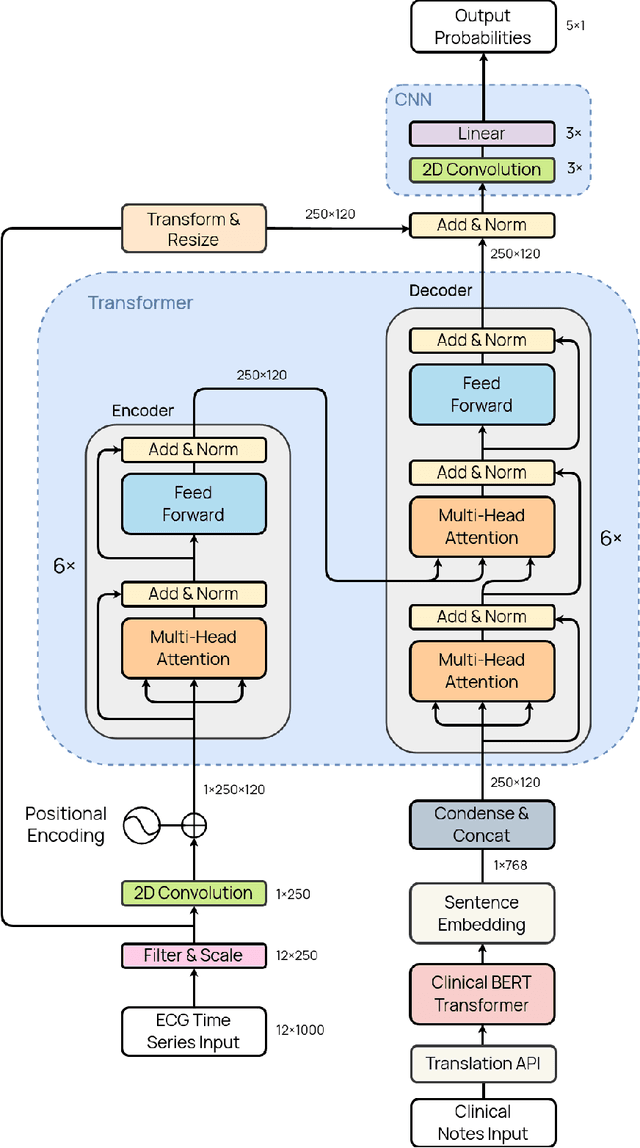Ankur Samanta
Structure Enables Effective Self-Localization of Errors in LLMs
Feb 02, 2026Abstract:Self-correction in language models remains elusive. In this work, we explore whether language models can explicitly localize errors in incorrect reasoning, as a path toward building AI systems that can effectively correct themselves. We introduce a prompting method that structures reasoning as discrete, semantically coherent thought steps, and show that models are able to reliably localize errors within this structure, while failing to do so in conventional, unstructured chain-of-thought reasoning. Motivated by how the human brain monitors errors at discrete decision points and resamples alternatives, we introduce Iterative Correction Sampling of Thoughts (Thought-ICS), a self-correction framework. Thought-ICS iteratively prompts the model to generate reasoning one discrete and complete thought at a time--where each thought represents a deliberate decision by the model--creating natural boundaries for precise error localization. Upon verification, the model localizes the first erroneous step, and the system backtracks to generate alternative reasoning from the last correct point. When asked to correct reasoning verified as incorrect by an oracle, Thought-ICS achieves 20-40% self-correction lift. In a completely autonomous setting without external verification, it outperforms contemporary self-correction baselines.
Imbalanced Gradients in RL Post-Training of Multi-Task LLMs
Oct 22, 2025Abstract:Multi-task post-training of large language models (LLMs) is typically performed by mixing datasets from different tasks and optimizing them jointly. This approach implicitly assumes that all tasks contribute gradients of similar magnitudes; when this assumption fails, optimization becomes biased toward large-gradient tasks. In this paper, however, we show that this assumption fails in RL post-training: certain tasks produce significantly larger gradients, thus biasing updates toward those tasks. Such gradient imbalance would be justified only if larger gradients implied larger learning gains on the tasks (i.e., larger performance improvements) -- but we find this is not true. Large-gradient tasks can achieve similar or even much lower learning gains than small-gradient ones. Further analyses reveal that these gradient imbalances cannot be explained by typical training statistics such as training rewards or advantages, suggesting that they arise from the inherent differences between tasks. This cautions against naive dataset mixing and calls for future work on principled gradient-level corrections for LLMs.
Internalizing Self-Consistency in Language Models: Multi-Agent Consensus Alignment
Sep 18, 2025Abstract:Language Models (LMs) are inconsistent reasoners, often generating contradictory responses to identical prompts. While inference-time methods can mitigate these inconsistencies, they fail to address the core problem: LMs struggle to reliably select reasoning pathways leading to consistent outcomes under exploratory sampling. To address this, we formalize self-consistency as an intrinsic property of well-aligned reasoning models and introduce Multi-Agent Consensus Alignment (MACA), a reinforcement learning framework that post-trains models to favor reasoning trajectories aligned with their internal consensus using majority/minority outcomes from multi-agent debate. These trajectories emerge from deliberative exchanges where agents ground reasoning in peer arguments, not just aggregation of independent attempts, creating richer consensus signals than single-round majority voting. MACA enables agents to teach themselves to be more decisive and concise, and better leverage peer insights in multi-agent settings without external supervision, driving substantial improvements across self-consistency (+27.6% on GSM8K), single-agent reasoning (+23.7% on MATH), sampling-based inference (+22.4% Pass@20 on MATH), and multi-agent ensemble decision-making (+42.7% on MathQA). These findings, coupled with strong generalization to unseen benchmarks (+16.3% on GPQA, +11.6% on CommonsenseQA), demonstrate robust self-alignment that more reliably unlocks latent reasoning potential of language models.
FragmentNet: Adaptive Graph Fragmentation for Graph-to-Sequence Molecular Representation Learning
Feb 03, 2025



Abstract:Molecular property prediction uses molecular structure to infer chemical properties. Chemically interpretable representations that capture meaningful intramolecular interactions enhance the usability and effectiveness of these predictions. However, existing methods often rely on atom-based or rule-based fragment tokenization, which can be chemically suboptimal and lack scalability. We introduce FragmentNet, a graph-to-sequence foundation model with an adaptive, learned tokenizer that decomposes molecular graphs into chemically valid fragments while preserving structural connectivity. FragmentNet integrates VQVAE-GCN for hierarchical fragment embeddings, spatial positional encodings for graph serialization, global molecular descriptors, and a transformer. Pre-trained with Masked Fragment Modeling and fine-tuned on MoleculeNet tasks, FragmentNet outperforms models with similarly scaled architectures and datasets while rivaling larger state-of-the-art models requiring significantly more resources. This novel framework enables adaptive decomposition, serialization, and reconstruction of molecular graphs, facilitating fragment-based editing and visualization of property trends in learned embeddings - a powerful tool for molecular design and optimization.
A Novel Real-Time Full-Color 3D Holographic (Diffractive) Video Capture, Processing, and Transmission Pipeline Using Off-The-Shelf Hardware
Feb 02, 2025Abstract:This paper details the world's first live 3D holographic (diffractive) video call using off-the-shelf hardware. We introduce a novel pipeline that facilitates the capture, processing, and transmission of RGBZ data, using an iPhone for image and depth capture with VividQ's SDK for hologram generation and hardware for display.
* Published and Presented at Session 63: Emerging Approaches for AR/VR/MR, SID Display Week 2022. 4 pages, 9 figures
MVMTnet: A Multi-variate Multi-modal Transformer for Multi-class Classification of Cardiac Irregularities Using ECG Waveforms and Clinical Notes
Feb 21, 2023



Abstract:Deep learning provides an excellent avenue for optimizing diagnosis and patient monitoring for clinical-based applications, which can critically enhance the response time to the onset of various conditions. For cardiovascular disease, one such condition where the rising number of patients increasingly outweighs the availability of medical resources in different parts of the world, a core challenge is the automated classification of various cardiac abnormalities. Existing deep learning approaches have largely been limited to detecting the existence of an irregularity, as in binary classification, which has been achieved using networks such as CNNs and RNN/LSTMs. The next step is to accurately perform multi-class classification and determine the specific condition(s) from the inherently noisy multi-variate waveform, which is a difficult task that could benefit from (1) a more powerful sequential network, and (2) the integration of clinical notes, which provide valuable semantic and clinical context from human doctors. Recently, Transformers have emerged as the state-of-the-art architecture for forecasting and prediction using time-series data, with their multi-headed attention mechanism, and ability to process whole sequences and learn both long and short-range dependencies. The proposed novel multi-modal Transformer architecture would be able to accurately perform this task while demonstrating the cross-domain effectiveness of Transformers, establishing a method for incorporating multiple data modalities within a Transformer for classification tasks, and laying the groundwork for automating real-time patient condition monitoring in clinical and ER settings.
 Add to Chrome
Add to Chrome Add to Firefox
Add to Firefox Add to Edge
Add to Edge